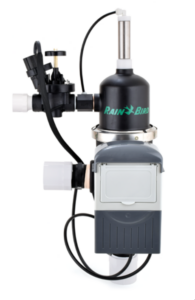Is poor quality water causing headaches for your property manager? It can affect your landscape aesthetics and cost you in labor, maintenance, and more.
Golf course communities are well known for their valued amenities and gorgeous landscapes. Property managers are challenged with reducing their labor and maintenance costs while maintaining the high standards of their guests and residents. When Landscape Architects design layouts for numerous homes with multiple hydro-zones, it is assumed that high-quality water and efficient emitters are used.
- Water Quality
Water used for the irrigation of Golf course communities and homeowners associations (HOAs) may be coming from the golf course pumping station, which often means average to poor water quality. Some have converted to reclaimed water for irrigation, but even those with surface or on-site wells may struggle with less than ideal water quality. Sprinkler nozzles, sprayers, and driplines are most efficient when supplied with high-quality water.
- Aesthetics
Those visiting a Golf Course community to view their next potential neighborhood are filled with excitement and high expectations. When emitters are packed with debris, they won’t achieve their designed flow characteristics—leading to uneven water distribution and less desirable landscaping. This could adversely affect membership, prestige, and property values.
- Labor and Maintenance Costs

Rain Bird G-Series; HN-G-02 Filter with controller
Have you ever conducted a residential water audit or repaired emitters that are not working as designed? Preventative maintenance could mean weekly inspections of systems. However, properties with multiple points of connection (POCs) can benefit from low flow filters (under 70gpm) to reduce the occurrence of clogged emitters and service calls. This is where the Rain Bird HN filter series can help.
To assist Property managers, Rain Bird’s G-Series filters have proven invaluable for those requiring low flow filters for each POC to homes. Rain Bird HN filters come standard with 200 to 400-micron filters, increasing irrigation efficiency and maximizing the lifespan of irrigation components. In addition, integrated Rain Bird controllers automatically backwash filters based on either time or pressure differential. It’s even possible to automate this feature with a Rain Bird Central Control, saving time and money.
In Southern California, Rain Bird Distributors have installed over 120 Rain Bird HN filters at two golf course communities. Rain Bird understands the benefit of improved water quality and more efficient landscape irrigation. If you are interested in hearing about more Rain Bird Filter success stories, look for upcoming news at https://www.rainbird.com/

